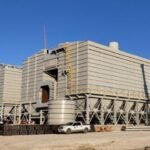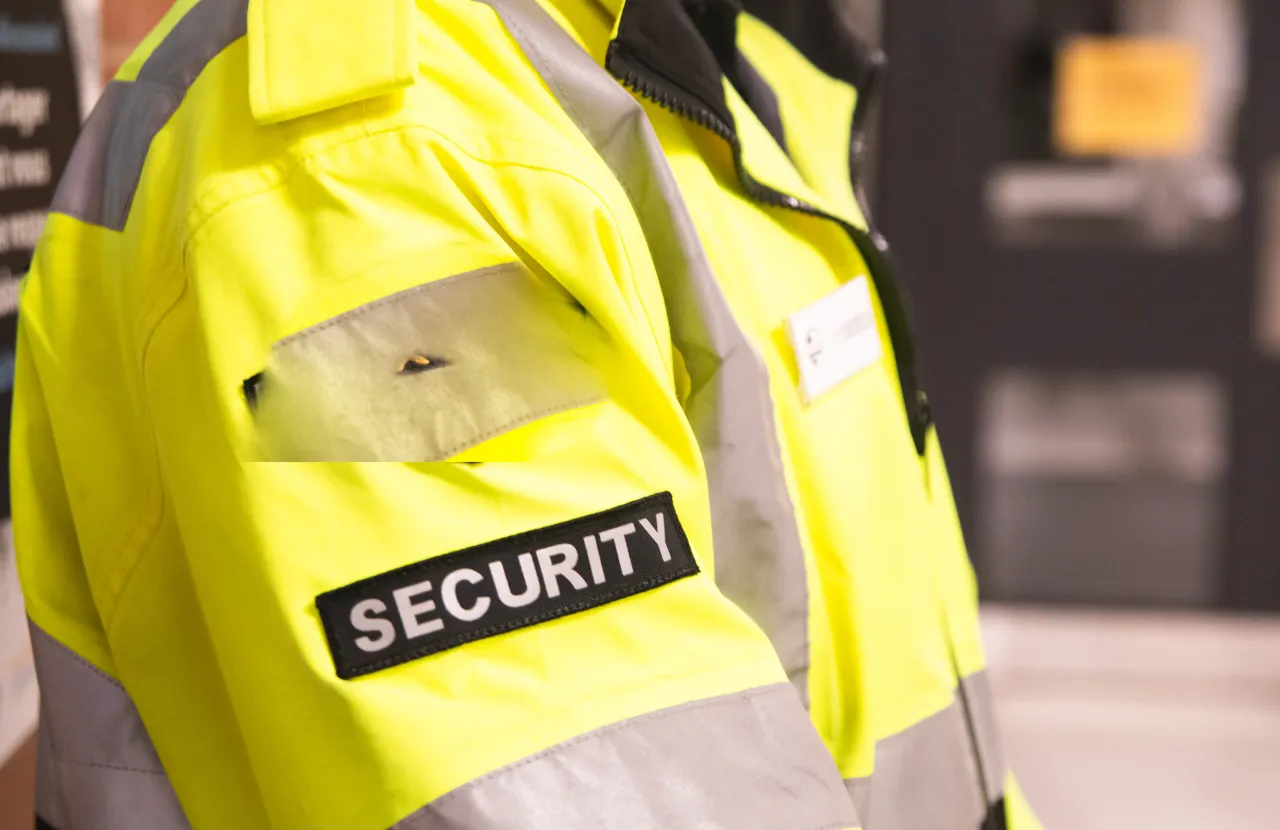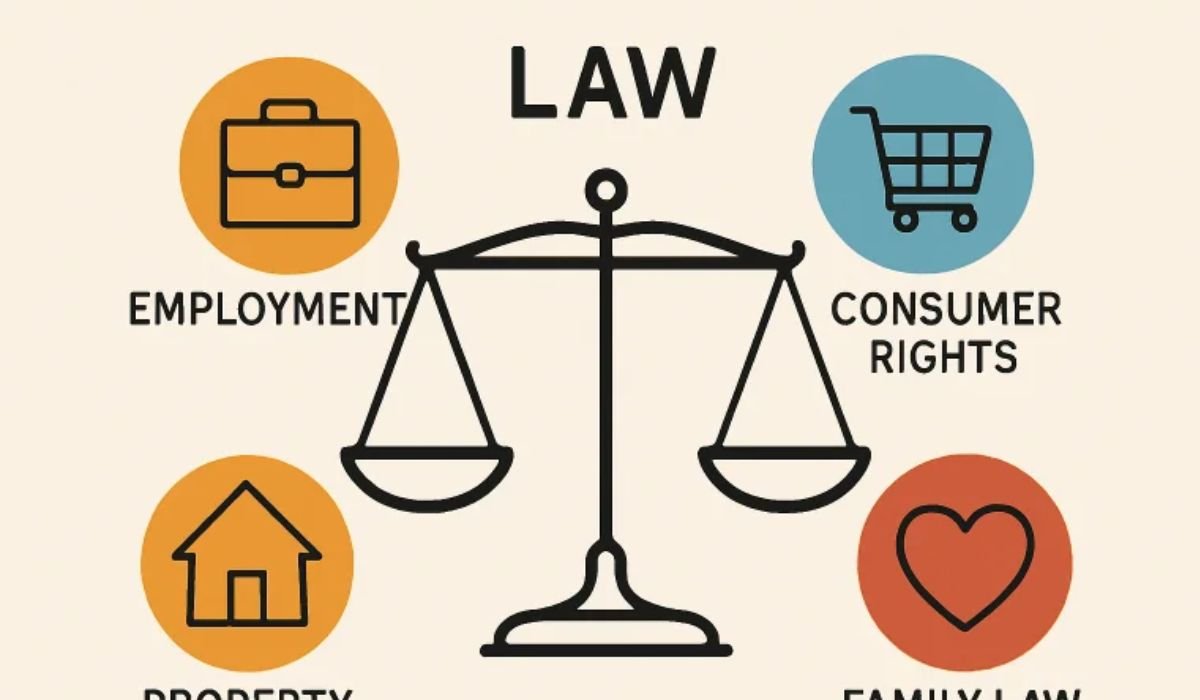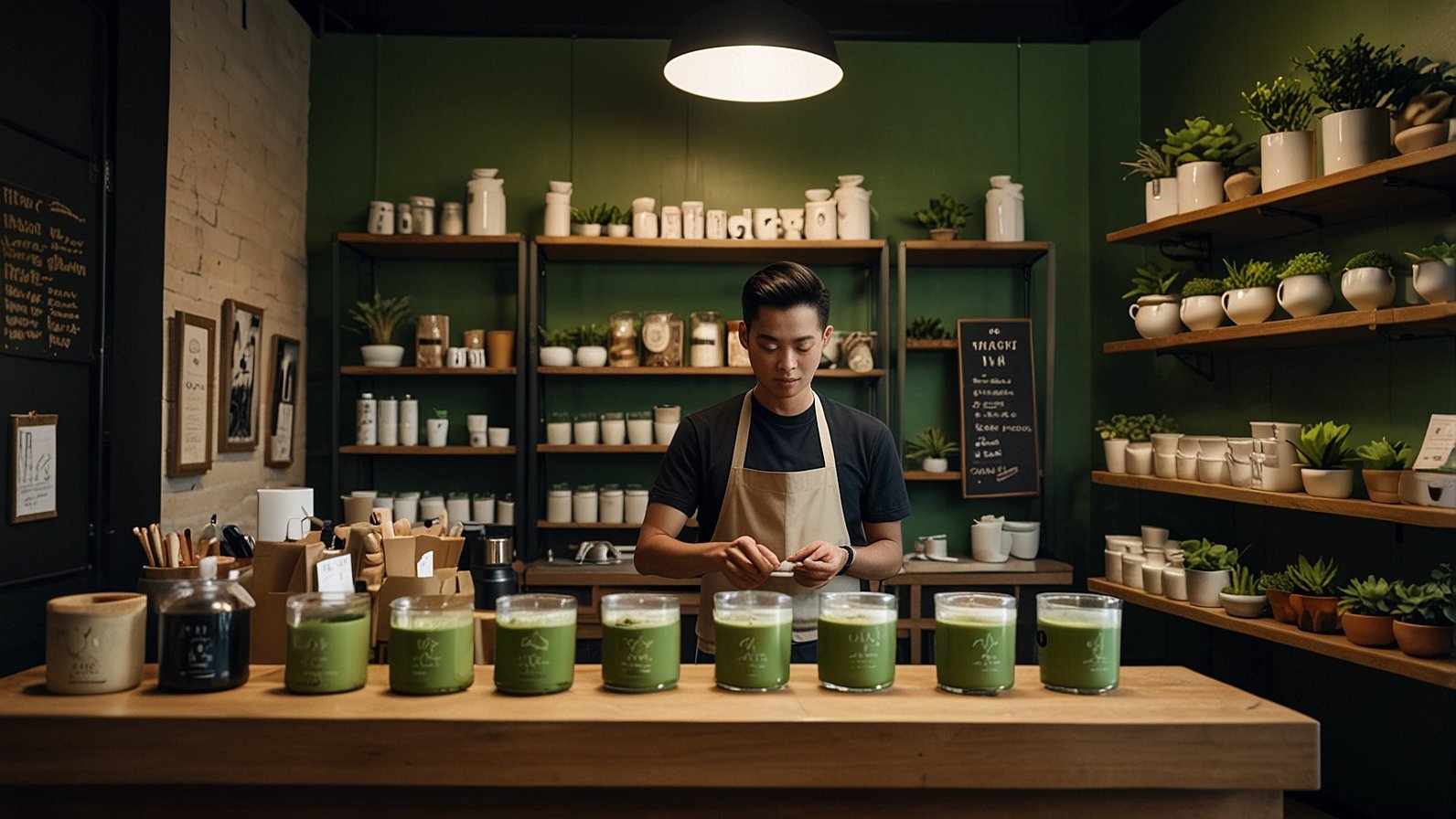Big events bring people together to enjoy sports, music, festivals and conventions. But behind the scenes, organising these events comes with a long list of risks, including security risks. The sheer number of people attending can lead to problems like crowd surges, rowdy behaviour or even unexpected emergencies.
Security guards play a massive role in preventing this. Their work goes far beyond what most people see. From keeping crowds in check to handling emergencies, security guards are the backbone of any successful, safe event. They’re there to make sure things run smoothly and attendees stay safe.
Pre-Event Planning and Risk Assessment
Effective event security begins long before the gates open. Security guards are usually involved in the planning stages, identifying weak points and planning for possible threats. This is all about spotting potential risks early and preparing for them.
Security guards team up with event organisers to review every detail. They consider the type of event, the number of attendees expected and any specific risks that may come with the location. This pre-event risk assessment helps them set up strategies tailored to each unique situation.
Next, they put together a solid security protocol. This includes entry and exit procedures, response plans for emergencies and other preventive measures. From creating designated escape routes to marking safe zones, the goal is to ensure every possible threat has a response plan ready to go. This pre-event work makes a huge difference once the event begins.
Access Control and Crowd Management
One of the most visible roles of a security guard at any large event is access control. Think ID checks, ticket scans and bag inspections. These measures are put in place not to inconvenience attendees but to make sure everyone on-site is supposed to be there. Access control also stops unauthorised people from slipping into restricted areas.
Entrance and exit points are crucial. Guards work at these points to keep them secure and manage crowd flow. They check IDs, validate tickets and inspect bags. This attention to detail prevents risky items from entering the venue and keeps the area clear for easy crowd movement.
But once inside, the work isn’t over. Security guards also manage the crowd itself. Large crowds can quickly turn chaotic, so having guards stationed throughout the event helps control lines, prevent overcrowding and break up any budding conflicts. Guards are trained to spot signs of tension or discomfort and handle these situations calmly to keep things under control.
Surveillance and Threat Detection
While some guards handle direct interactions with the crowd, others focus on surveillance. At large events, surveillance is a huge part of security. Guards monitor the venue through cameras, patrolling and sometimes even drones for broader coverage. With eyes on every corner of the venue, they can spot issues as they arise.
Surveillance helps guards detect suspicious behaviour before it turns into something serious. Whether it’s someone acting unusually or lingering too long in a specific area, trained guards notice these things quickly. Real-time monitoring is critical here—it lets guards respond in seconds if something doesn’t look right. This watchful presence often deters potential threats and reassures attendees that safety is a priority.
Responding Appropriately to Suspicious Activity
Security guards are trained to respond effectively to suspicious activity to mitigate risks during large events. This ability to react appropriately is crucial in preventing potential security threats from escalating into serious incidents.
The first step in effective response is the ability of security personnel to recognise suspicious behaviours or activities. Guards are trained to identify signs that may indicate something is amiss, such as unattended bags, individuals showing unusual nervousness or someone trying to access restricted areas. Quick identification helps in taking swift action before any harm can occur.
Once a suspicious activity is detected, security guards must communicate this information promptly to their team and event organisers. Effective communication channels, whether through radios, phones or other electronic devices, are essential. Coordination with other security guards and law enforcement agencies also plays a critical role, ensuring that responses are swift and organised.
In situations where confrontation is necessary, guards must handle the situation with the utmost professionalism. De-escalation techniques are a vital part of their training, allowing them to calm potentially volatile situations without escalating the tension. This can involve talking down an agitated individual or diplomatically handling disputes between attendees.
Technology also plays a significant role in responding to suspicious activities. Surveillance equipment, such as CCTV cameras, helps monitor situations and gather evidence. In some cases, advanced technologies like facial recognition software or motion sensors can alert guards to suspicious activities automatically.
Regular training and drills ensure that security guards remain prepared for various scenarios. For instance, the ASCONE security guard training teaches security officers to respond to suspicions of shoplifting while minimising the risk of false accusations. These training sessions often include simulations of different types of suspicious activities and the appropriate ways to respond.
By maintaining a high level of vigilance and being prepared to act on suspicious activities, security guards play an essential role in ensuring that large events proceed without incident. Their ability to respond appropriately not only protects the attendees but also maintains the overall integrity of the event.
Ensuring a Safe Event Experience
Security guards are the unsung heroes of large events. They ensure entrances are secure, crowds stay under control and emergencies are handled smoothly. Without their vigilance and preparedness, the risks at large events would be much higher.
Every large event is unique and so are its security needs. With thorough planning, careful monitoring and trained guards on-site, these events become safer for everyone involved. Security guards work to protect attendees, allowing people to enjoy the event calmly without worrying about what could go wrong.











